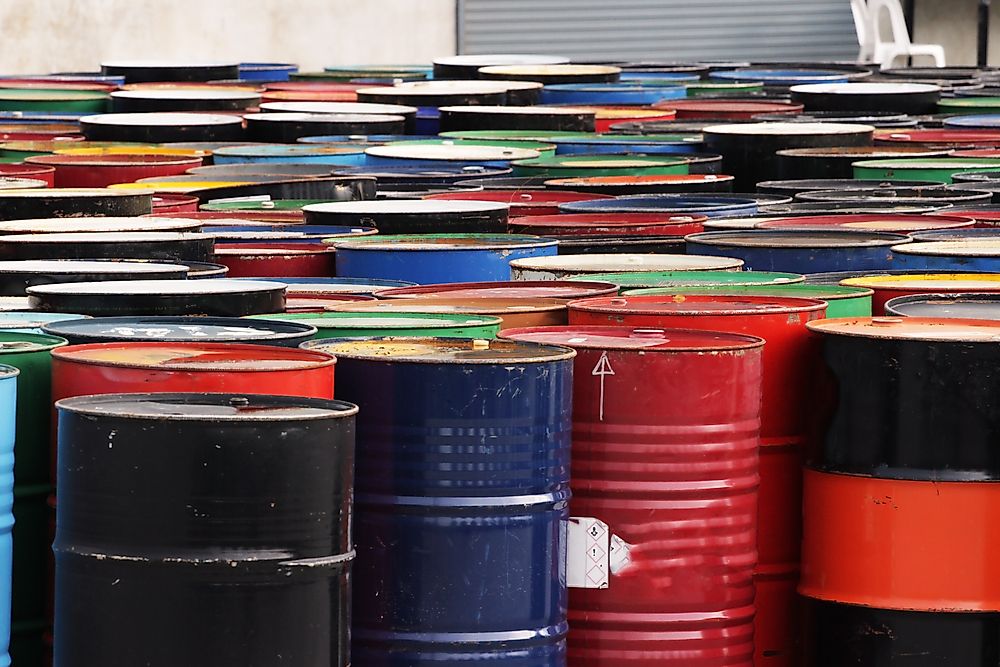What Was the Significance of the Bamako Convention?

The Bamako Convention was adopted by the African states to prohibit the importation and cross-border movement of hazardous materials. It was proposed on January 30, 1991, and adopted on March 10, 1999. The general objective of the Convention is to protect human health by reducing the environmental dangers posed by improper handling of hazardous material. It was adopted by members of the AU only. Africans states ratified the convention after the failure of the Basel Convention to protect African states from hazardous waste. One of the major cases that gave rise to the convention is the importation of toxic chemicals in 1987 from Italy after Italian companies Ecomar and Jelly Wax lured Nigerians with $100 monthly stipend for storage of the chemicals.
What Is The Purpose Of The Convention?
The aim of the Bamako Convention is to:
- Restrict the importation of radioactive and hazardous into Africa
- Control the transboundary movement of materials already in the continent
- Prohibit the dumping or incineration of any form of hazardous in the sea, ocean or inland water.
- Promote the production of cleaner and safer emissions of waste
- Establish precautionary measures for disposal of toxic waste.
What Wastes Are Covered By The Convention?
The Bamako Convention covers a variety of hazardous wastes more than what was covered by the Basel Convention. Apart from radioactive materials, the convention lists any materials with hazardous characteristics and its constituent products. It also covers the definition a hazardous waste and considers the waste from a hazardous material and hazardous.
Obligation Of The Countries
All members of the AU are required to ban the importation of radioactive and hazardous waste as well as their disposal in oceans and inland water bodies. Countries are also required to minimize the cross-boundary movement of these wastes and must acquire the consent of the country if it must transit through it.
Economic And Social Benefits Of The Bamako Convention
The convention provides effective measures to control dumping of waste products to Africa by western countries. It also bans the dumping of unregistered and substandard goods from other continents, particularly from developed countries. It promotes cleaner and less toxic oceans by prohibiting the dumping of hazardous materials on the seabed.
Challenges Facing The Implementation Of The Convention
The convention is yet to hold its first-ever general meeting, and it lacks a secretariat and funds. Although it was first proposed in 1991, much has not been achieved and the progress has stalled. It lacks a competent authority to oversee its implementation. Administrative bottlenecks and internal conflicts among African states are also hindering its implementation.
Agreements Associated With The Convention
The convention is similar to the Basel Convention can even be considered an Article 11 Agreement. The difference is that the Bamako Convention focuses on African states and is only ratified by AU members. The regulations prohibiting the dumping of waste in oceans is similar to the London Protocol of the International Maritime Organization while the legislation that prohibits the trade of hazardous materials is similar to the Basel Ban Amendment of 1995.











